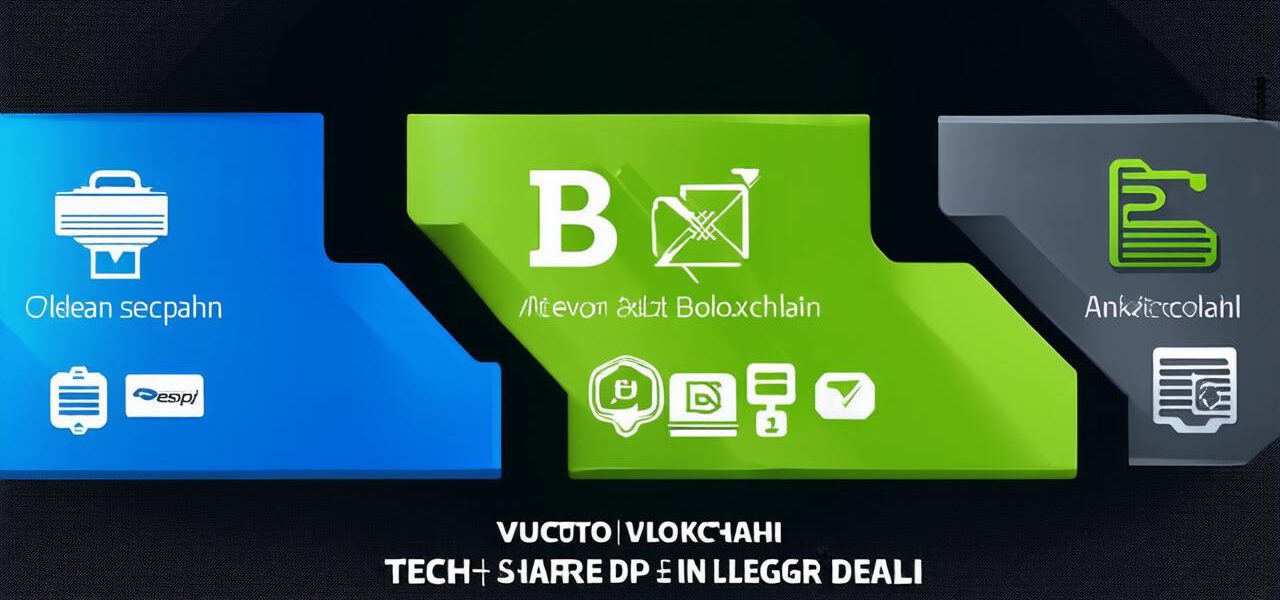
What is the definition of blockchain development?
What is Blockchain Development?
Blockchain development involves creating smart contracts, decentralized applications (dApps), and other systems that leverage blockchain technology. It requires a deep understanding of the underlying principles of blockchain, such as consensus mechanisms, cryptography, and distributed ledger technology (DLT). There are three main areas of blockchain development:
- Smart Contract Development: Smart contracts are self-executing agreements with the terms of the agreement between buyer and seller being directly written into lines of code. They enable automatic execution of transactions without intermediaries, making them ideal for industries such as finance, supply chain management, and real estate. Examples of smart contracts include digital identity verification and insurance claims processing.
- Decentralized Application (dApp) Development: dApps are applications that run on a decentralized network rather than being hosted on a central server. They offer a range of functionalities such as data storage, file sharing, and social networking. Some popular dApps include Ethereum’s Cryptokitties, IPFS File System, and Soma.
- Blockchain Infrastructure Development: This involves building and maintaining the underlying infrastructure of blockchain systems, including the network, nodes, and consensus mechanisms. It requires expertise in distributed systems, cryptography, and security protocols. Examples of blockchain infrastructure development include Bitcoin mining and Ethereum node maintenance.
Benefits of Blockchain Development
Blockchain development offers numerous benefits, including:
- Decentralization: Blockchain technology enables decentralized decision-making, eliminating the need for intermediaries and creating a more secure and transparent system. This makes it ideal for industries such as finance and supply chain management.
- Transparency: All transactions on a blockchain are recorded in a public ledger, making them visible to anyone with access to the network. This creates greater transparency and accountability, reducing fraud and increasing trust. Examples of transparent blockchain systems include Bitcoin and Ethereum.
- Immutability: Once data is recorded on a blockchain, it cannot be altered or deleted. This ensures that the integrity of the data is maintained, making it ideal for industries such as healthcare and real estate.
- Scalability: Blockchain technology can scale to accommodate a large number of transactions, making it ideal for industries such as e-commerce and logistics.
- Cost Reduction: By eliminating intermediaries and automating processes, blockchain development can significantly reduce costs in various industries. Examples include cross-border payments and supply chain finance.
Use Cases of Blockchain Development
Blockchain technology has numerous applications across different sectors, including:
- Finance: Blockchain technology is being used to create decentralized finance (DeFi) systems that enable peer-to-peer transactions and eliminate intermediaries such as banks. This includes applications such as lending platforms, payment systems, and asset management tools.
- Supply Chain Management: Blockchain technology can be used to create a transparent and secure supply chain by tracking products from origin to destination. This enables greater transparency, reduces fraud, and increases efficiency. Examples include Walmart’s Food Traceability system and Provenance’s food traceability platform.
- Real Estate: Blockchain technology can be used to create a decentralized real estate marketplace that enables peer-to-peer transactions without intermediaries. It also enables the creation of smart contracts for property ownership and rental agreements. Examples include PropFinder and Re/Public.
- Healthcare: Blockchain technology can be used to create a secure and transparent healthcare system by enabling patients to control their medical records and share them with healthcare providers as needed. This enables greater privacy and security while reducing administrative costs. Examples include MediLedger Project and Gem’s healthcare platform.
- Energy: Blockchain technology can be used to create a decentralized energy marketplace that enables peer-to-peer trading of renewable energy. This enables greater access to clean energy and reduces carbon emissions. Examples include LO3 Energy and WePower.
Summary
Blockchain development is an exciting and rapidly evolving field with numerous applications across different sectors. It offers benefits such as decentralization, transparency, immutability, scalability, and cost reduction. As the demand for blockchain technology continues to grow, it is important for professionals to stay up-to-date with the latest developments and technologies to remain competitive in the job market. Whether you are a developer, entrepreneur, or business owner, there are opportunities for blockchain development in every industry.



